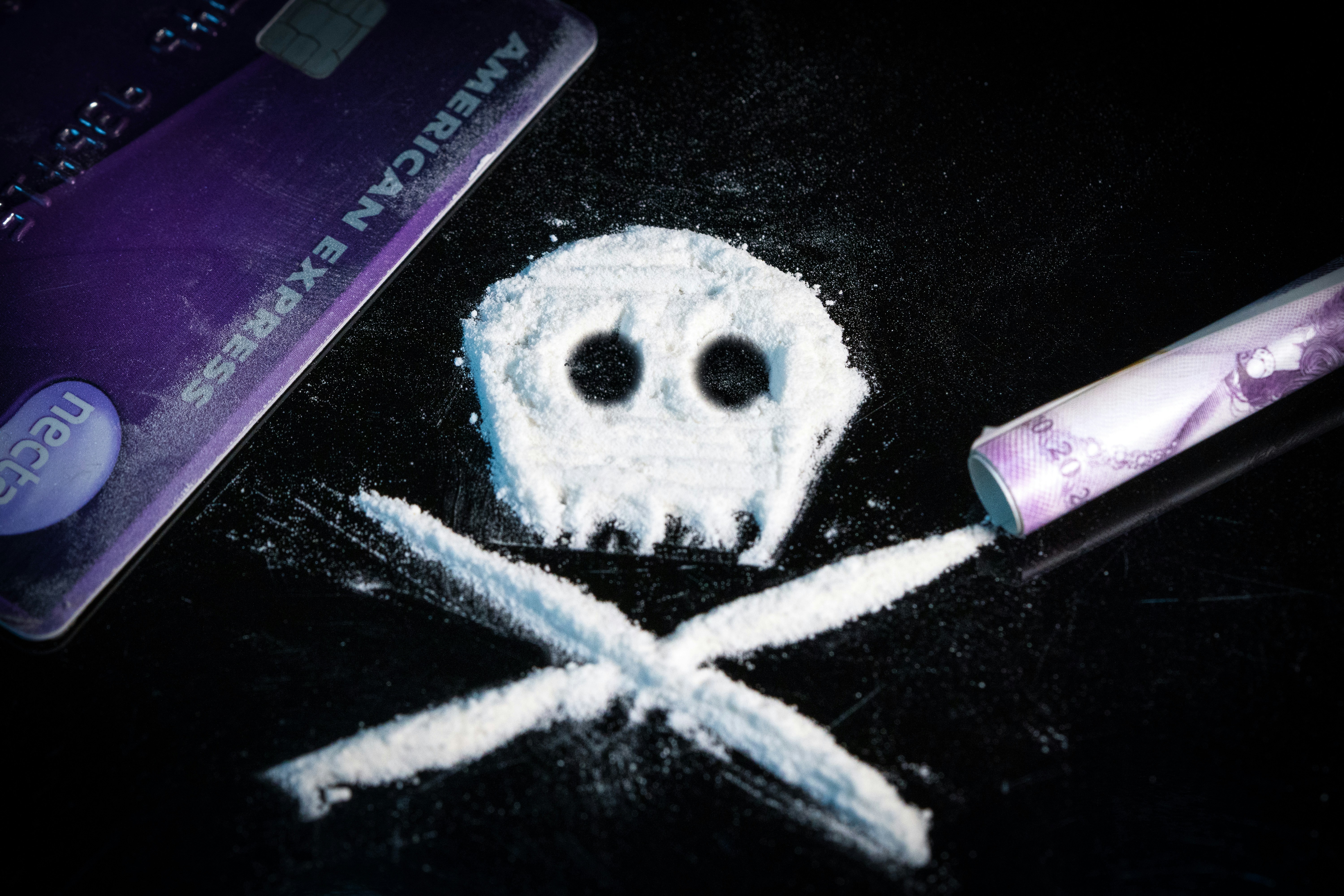With talks of a third casino being developed and the increasing popularity of the game Keno, Connecticut has seen a substantial surge in gambling. These days, gambling isn’t just in the form of casinos and bars. Gambling now means scratch-off tickets, daily lottery, sports betting, bingo, video games, and fantasy football- just to name a few. And while buying a $2 scratch-off or betting your coworker $50 on a football game might seem like harmless fun, for many, gambling becomes as destructive of an addiction as drugs or alcohol. After all, gambling affects the brain’s reward center, much like drugs and alcohol do.
We have witnessed gambling rise in Connecticut, but this issue is far from confined to just one state. According to the National Council on Problem Gambling (NCPG), six million adults and half a million teens suffer from a gambling problem.
One of the reasons why gambling is so dangerous is that it often goes unnoticed. Gamblers are experts at keeping their addiction a secret. Alcohol and drug addictions can be seen in an individual’s appearance and health. Someone abusing alcohol will often smell like alcohol, slur their words, or have difficulty walking. Problem gambling is much harder to spot. While gambling might not damage your liver or your heart, it can be a dangerous addiction – often leading to death.
A study by Georgia State University concluded that those with a gambling addiction are five to ten times more likely to commit suicide. The high suicide risk among gamblers is due to the anxiety, stress, and depression that gambling causes. Gamblers often lose everything and find themselves in debt. Because of this, gamblers are not just high suicide risks, but they are also highly likely to suffer from substance abuse. According to the NCPG, 73 percent of those suffering from a gambling addiction also suffer from an alcohol misuse problem.
If you think that you might have a gambling problem, ask yourself:
- Do I have trouble controlling my gambling?
- Am I gambling money I can’t afford to lose?
- Am I keeping my gambling a secret? Or lying about it?
- Has anyone ever told me I gamble too much?
If you answered yes to any of those questions, you should reach out to a loved one and seek help.
If you or a loved one is struggling with addiction, Mountainside can help.
Click here or call (888) 833-4676 to speak with one of our addiction treatment experts.

 By
By 







